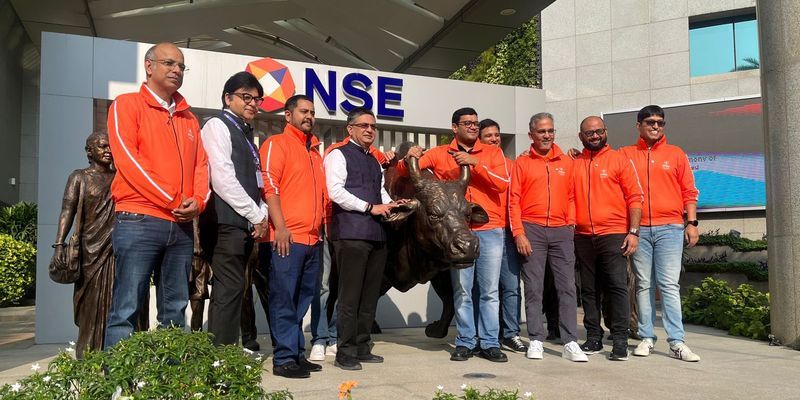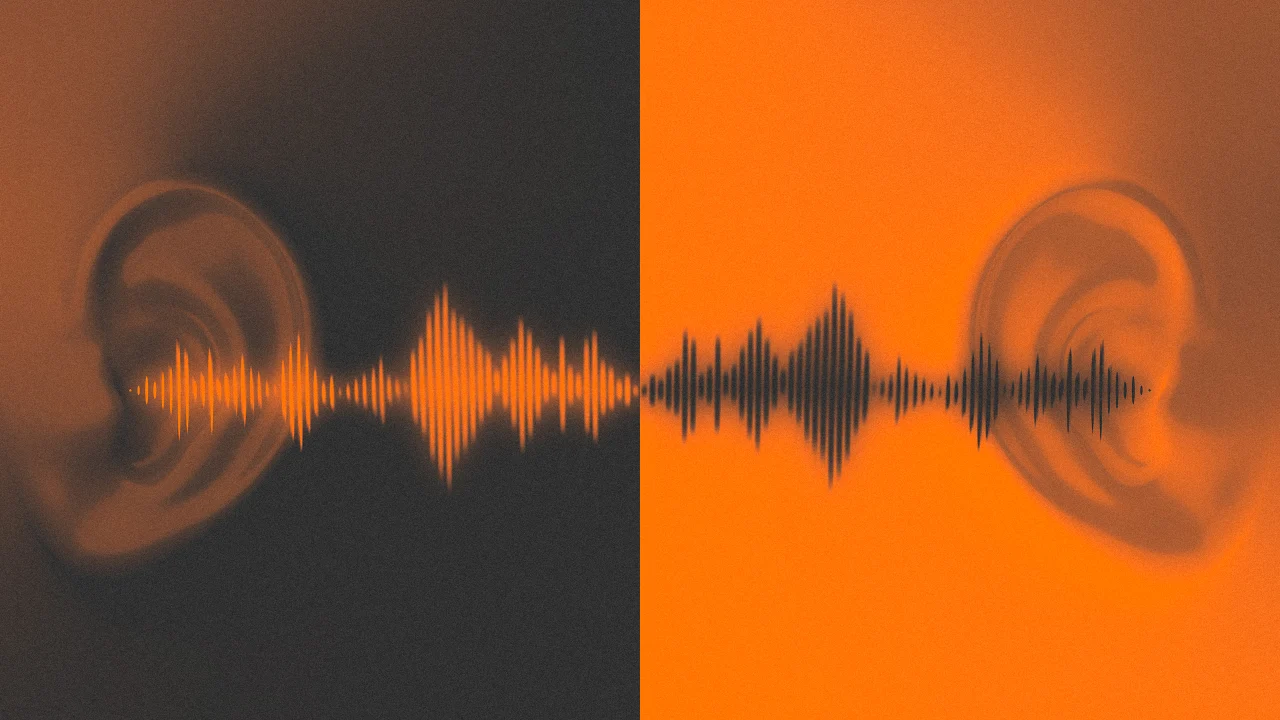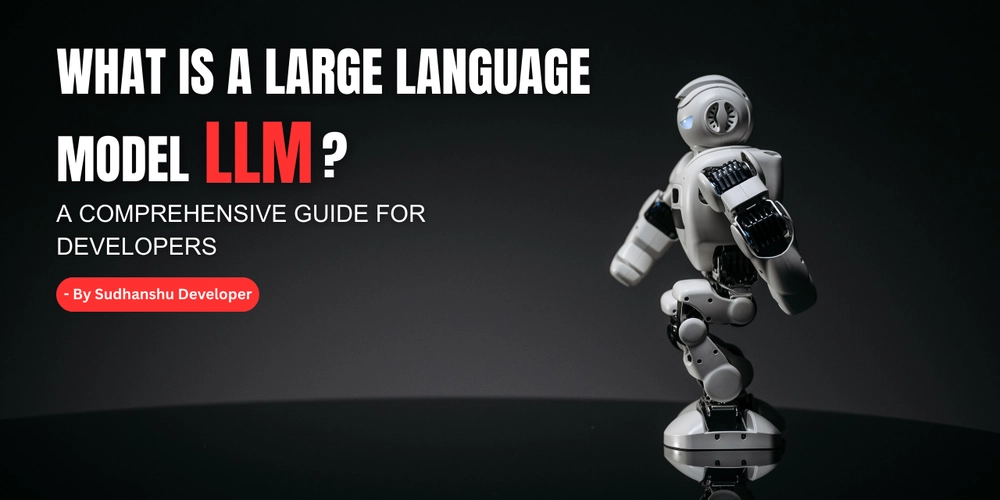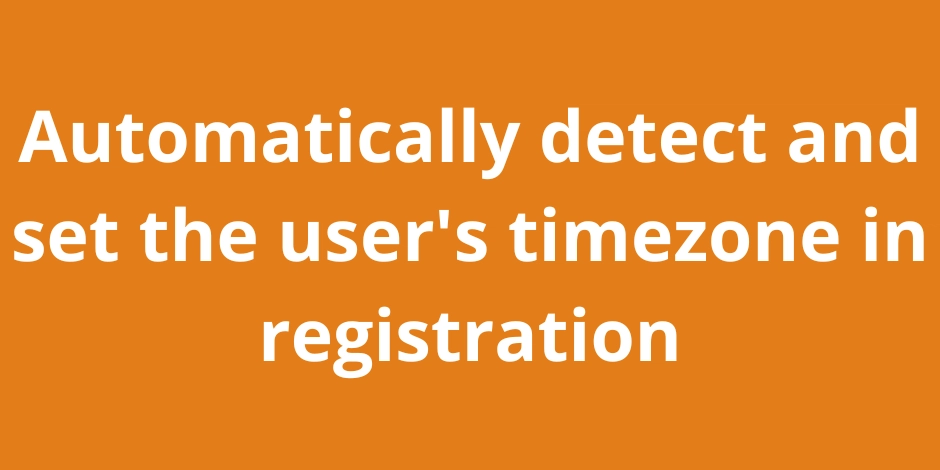How to Convert String Time to Timestamp in Java for MySQL?
When working with Java and databases, you may find the need to convert a time format string into a Timestamp data type for proper data insertion. If you're dealing with a time string like '17:26:54' and your database expects a Timestamp without a date, this article will guide you through the conversion process using JDBC. Understanding the Problem The core of the issue involves converting a string representation of time into a Timestamp compatible with MySQL. In this case, with the input string '17:26:54', you require a Timestamp object that represents this time of day, but without a specific date attached to it. This can be particularly useful when your application logic does not require any date component, ensuring a seamless integration into your database operations. Solutions and Steps to Convert Time String to Timestamp To accomplish the task, follow the steps outlined below: Step 1: Import Necessary Packages First, make sure to import necessary classes from Java's standard library. import java.sql.Connection; import java.sql.DriverManager; import java.sql.PreparedStatement; import java.sql.SQLException; import java.sql.Timestamp; import java.time.LocalTime; import java.time.format.DateTimeFormatter; This ensures that you have all the required functionality for working with SQL and time formatting. Step 2: Convert String to LocalTime Next, you need to convert your string to a LocalTime object since it captures time without a date. This is done using the DateTimeFormatter class: String timeString = "17:26:54"; DateTimeFormatter timeFormatter = DateTimeFormatter.ofPattern("HH:mm:ss"); LocalTime localTime = LocalTime.parse(timeString, timeFormatter); Step 3: Convert LocalTime to Timestamp After converting the string to LocalTime, you can create a Timestamp object. However, since a Timestamp combines both date and time, you’ll have to provide a date. You can set it to the current date or any arbitrary date (the date part is ignored in your use case): java.sql.Timestamp timestamp = Timestamp.valueOf(localTime.atDate(LocalDate.now())); Step 4: Insert the Timestamp into the Database Now that you have your Timestamp ready, you can insert it into your database. Utilize JDBC to perform the database operation as follows: String url = "jdbc:mysql://localhost:3306/your_database"; String user = "your_username"; String password = "your_password"; Connection connection = null; PreparedStatement preparedStatement = null; try { connection = DriverManager.getConnection(url, user, password); String sql = "INSERT INTO your_table (timestamp_column) VALUES (?)"; preparedStatement = connection.prepareStatement(sql); preparedStatement.setTimestamp(1, timestamp); preparedStatement.executeUpdate(); } catch (SQLException e) { e.printStackTrace(); } finally { if (preparedStatement != null) { preparedStatement.close(); } if (connection != null) { connection.close(); } } Summary By following these steps, you can easily convert a time string like '17:26:54' into a Timestamp data type, ensuring compatibility with a MySQL database schema. You successfully leverage Java’s date and time capabilities alongside JDBC for database interaction. Frequently Asked Questions Q1: Can I use any date for the Timestamp? Yes, you can use any arbitrary date since only the time part will be considered. Q2: What if I need to handle different time formats? You can adjust the DateTimeFormatter pattern to match the format of your incoming time strings. Q3: How do I handle SQL exceptions? Always ensure to catch SQL exceptions and implement proper error handling mechanisms like logging. By effectively implementing this approach, you'll streamline your data handling processes and prevent SQL exceptions related to time format mismatches.
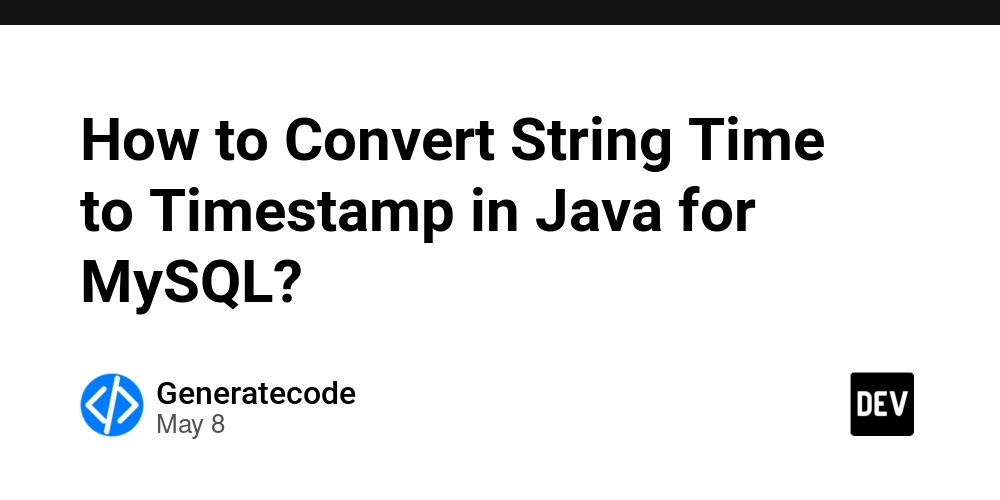
When working with Java and databases, you may find the need to convert a time format string into a Timestamp data type for proper data insertion. If you're dealing with a time string like '17:26:54' and your database expects a Timestamp without a date, this article will guide you through the conversion process using JDBC.
Understanding the Problem
The core of the issue involves converting a string representation of time into a Timestamp compatible with MySQL. In this case, with the input string '17:26:54', you require a Timestamp object that represents this time of day, but without a specific date attached to it. This can be particularly useful when your application logic does not require any date component, ensuring a seamless integration into your database operations.
Solutions and Steps to Convert Time String to Timestamp
To accomplish the task, follow the steps outlined below:
Step 1: Import Necessary Packages
First, make sure to import necessary classes from Java's standard library.
import java.sql.Connection;
import java.sql.DriverManager;
import java.sql.PreparedStatement;
import java.sql.SQLException;
import java.sql.Timestamp;
import java.time.LocalTime;
import java.time.format.DateTimeFormatter;
This ensures that you have all the required functionality for working with SQL and time formatting.
Step 2: Convert String to LocalTime
Next, you need to convert your string to a LocalTime object since it captures time without a date. This is done using the DateTimeFormatter class:
String timeString = "17:26:54";
DateTimeFormatter timeFormatter = DateTimeFormatter.ofPattern("HH:mm:ss");
LocalTime localTime = LocalTime.parse(timeString, timeFormatter);
Step 3: Convert LocalTime to Timestamp
After converting the string to LocalTime, you can create a Timestamp object. However, since a Timestamp combines both date and time, you’ll have to provide a date. You can set it to the current date or any arbitrary date (the date part is ignored in your use case):
java.sql.Timestamp timestamp = Timestamp.valueOf(localTime.atDate(LocalDate.now()));
Step 4: Insert the Timestamp into the Database
Now that you have your Timestamp ready, you can insert it into your database. Utilize JDBC to perform the database operation as follows:
String url = "jdbc:mysql://localhost:3306/your_database";
String user = "your_username";
String password = "your_password";
Connection connection = null;
PreparedStatement preparedStatement = null;
try {
connection = DriverManager.getConnection(url, user, password);
String sql = "INSERT INTO your_table (timestamp_column) VALUES (?)";
preparedStatement = connection.prepareStatement(sql);
preparedStatement.setTimestamp(1, timestamp);
preparedStatement.executeUpdate();
} catch (SQLException e) {
e.printStackTrace();
} finally {
if (preparedStatement != null) { preparedStatement.close(); }
if (connection != null) { connection.close(); }
}
Summary
By following these steps, you can easily convert a time string like '17:26:54' into a Timestamp data type, ensuring compatibility with a MySQL database schema. You successfully leverage Java’s date and time capabilities alongside JDBC for database interaction.
Frequently Asked Questions
Q1: Can I use any date for the Timestamp?
Yes, you can use any arbitrary date since only the time part will be considered.
Q2: What if I need to handle different time formats?
You can adjust the DateTimeFormatter pattern to match the format of your incoming time strings.
Q3: How do I handle SQL exceptions?
Always ensure to catch SQL exceptions and implement proper error handling mechanisms like logging.
By effectively implementing this approach, you'll streamline your data handling processes and prevent SQL exceptions related to time format mismatches.


















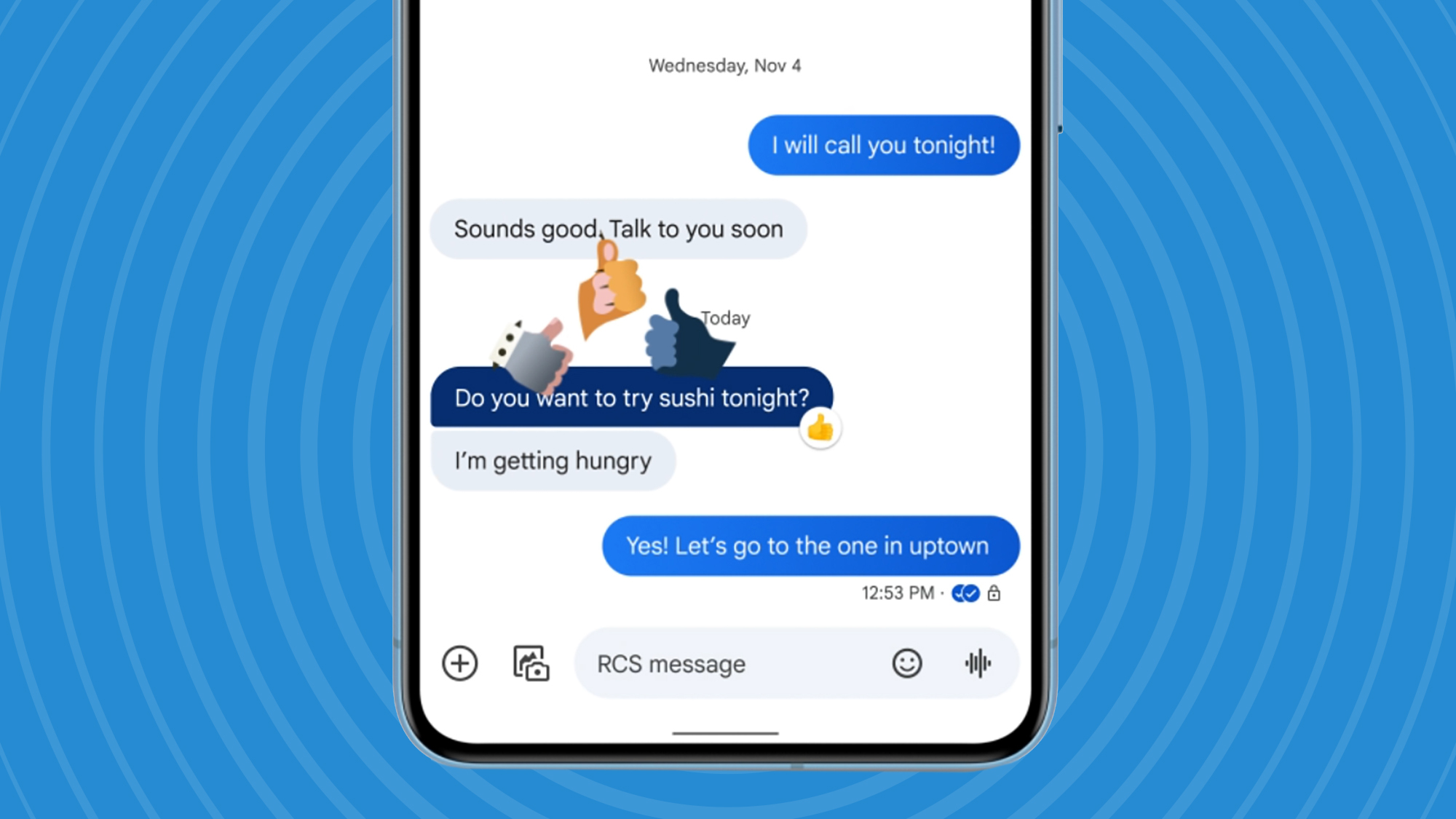























































































































































![[The AI Show Episode 146]: Rise of “AI-First” Companies, AI Job Disruption, GPT-4o Update Gets Rolled Back, How Big Consulting Firms Use AI, and Meta AI App](https://www.marketingaiinstitute.com/hubfs/ep%20146%20cover.png)











































































































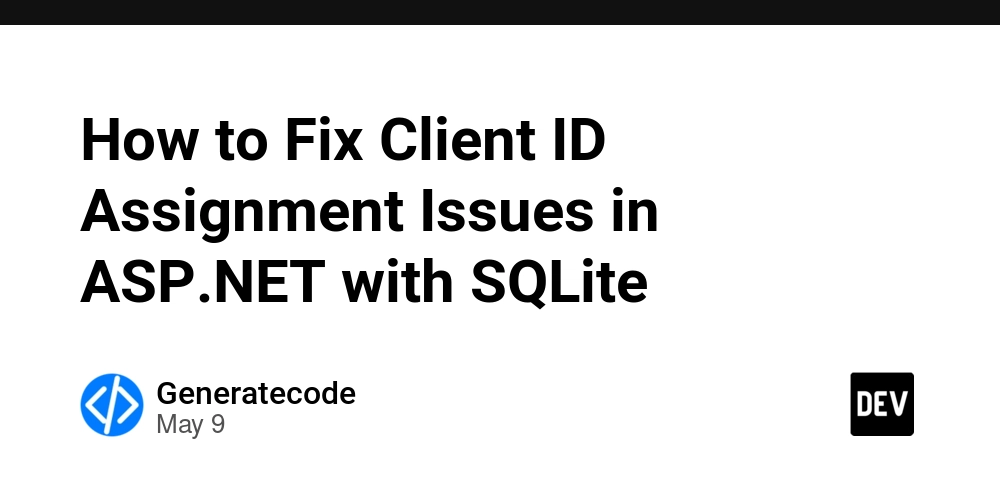
















![Ditching a Microsoft Job to Enter Startup Hell with Lonewolf Engineer Sam Crombie [Podcast #171]](https://cdn.hashnode.com/res/hashnode/image/upload/v1746753508177/0cd57f66-fdb0-4972-b285-1443a7db39fc.png?#)


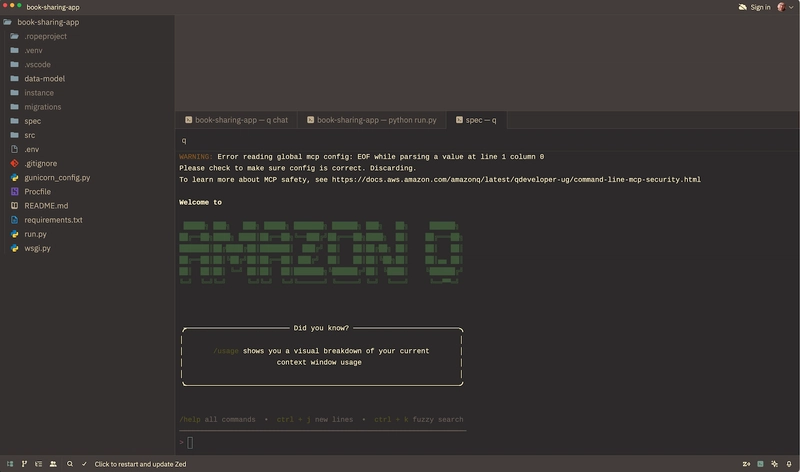


























































.jpg?width=1920&height=1920&fit=bounds&quality=70&format=jpg&auto=webp#)




















































-Nintendo-Switch-2-Hands-On-Preview-Mario-Kart-World-Impressions-&-More!-00-10-30.png?width=1920&height=1920&fit=bounds&quality=70&format=jpg&auto=webp#)

























































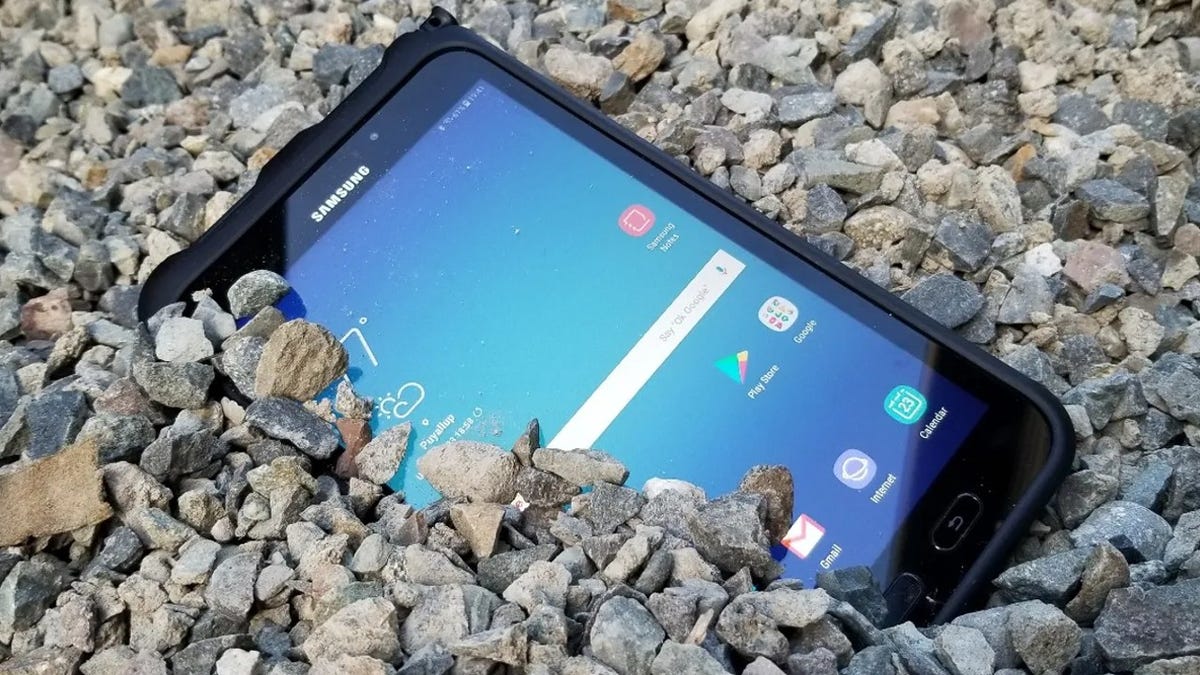






















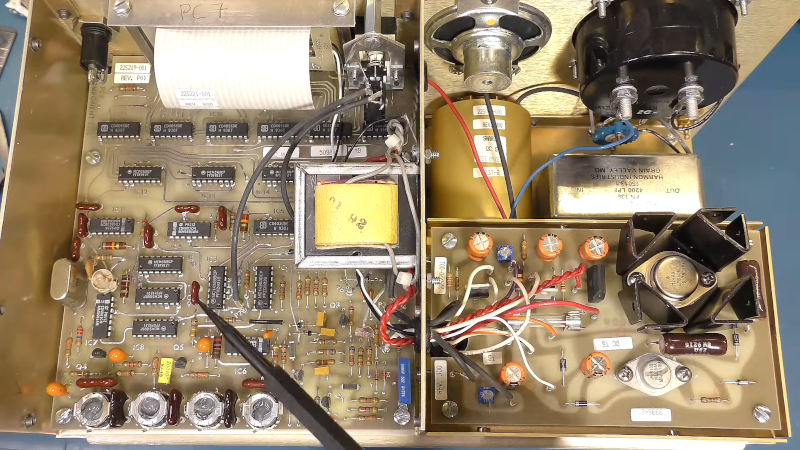
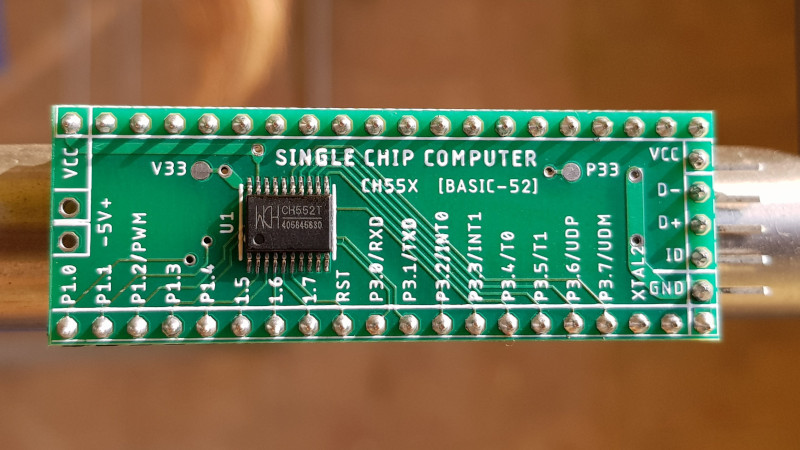
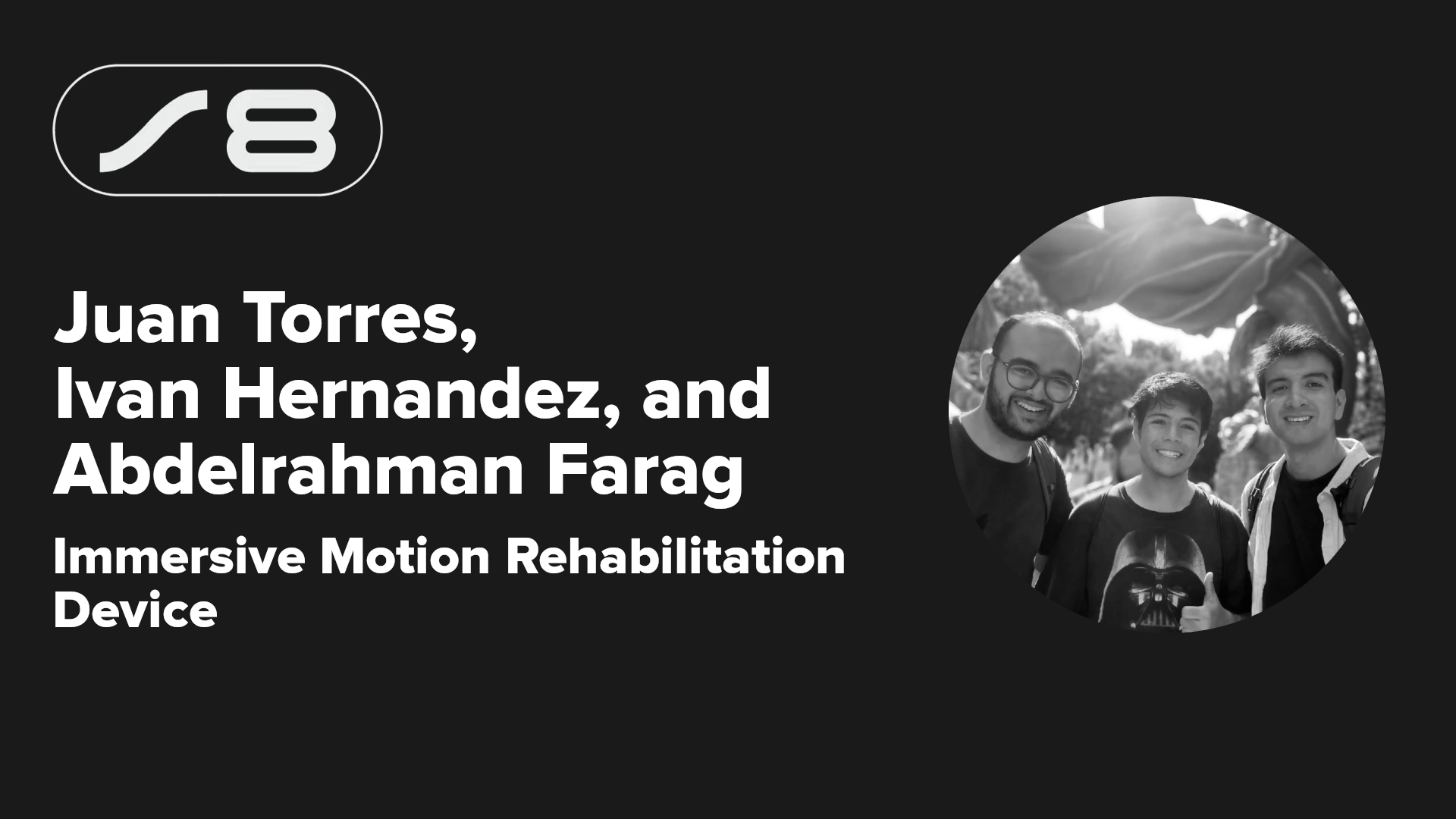

























-xl.jpg)



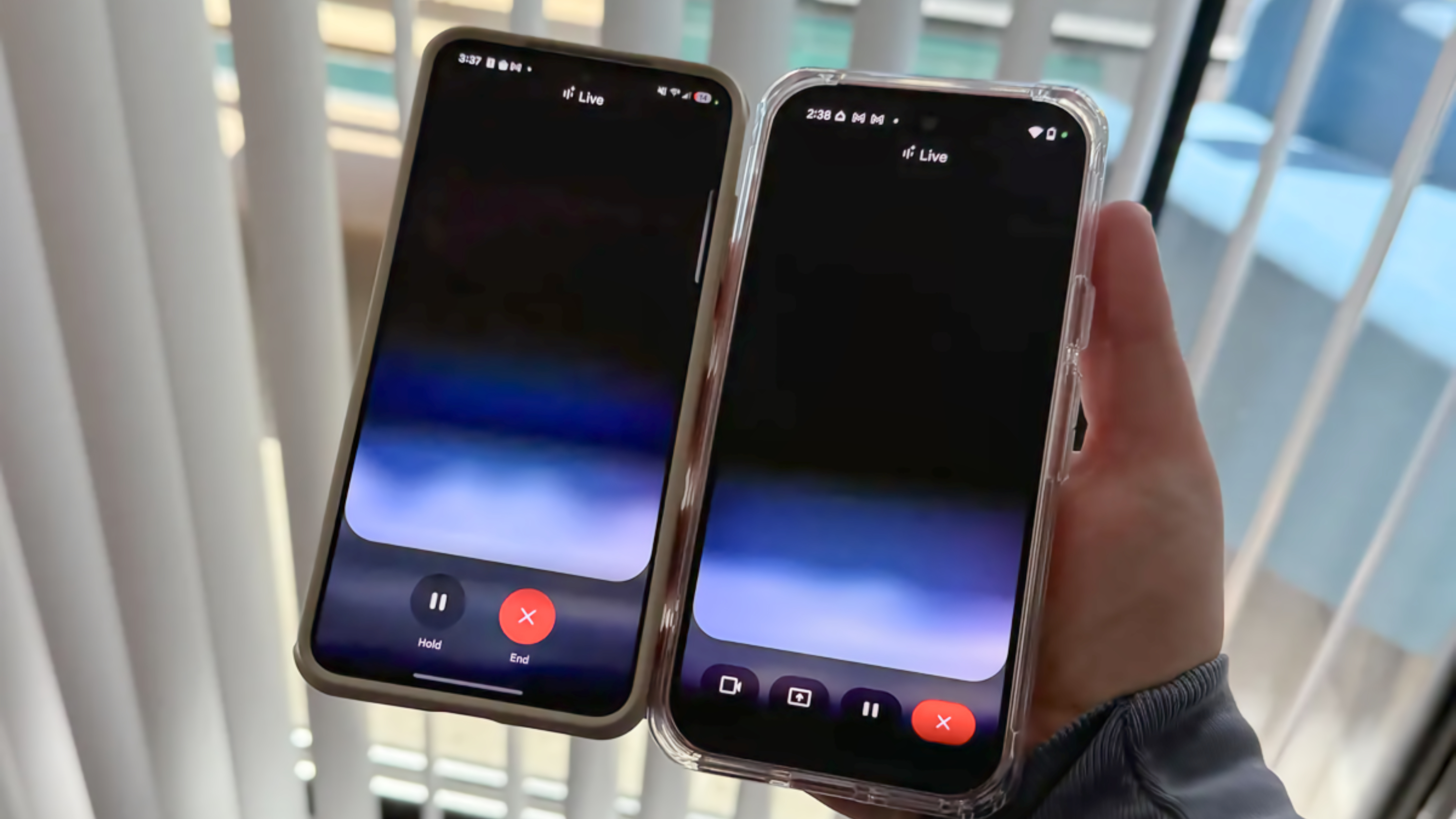

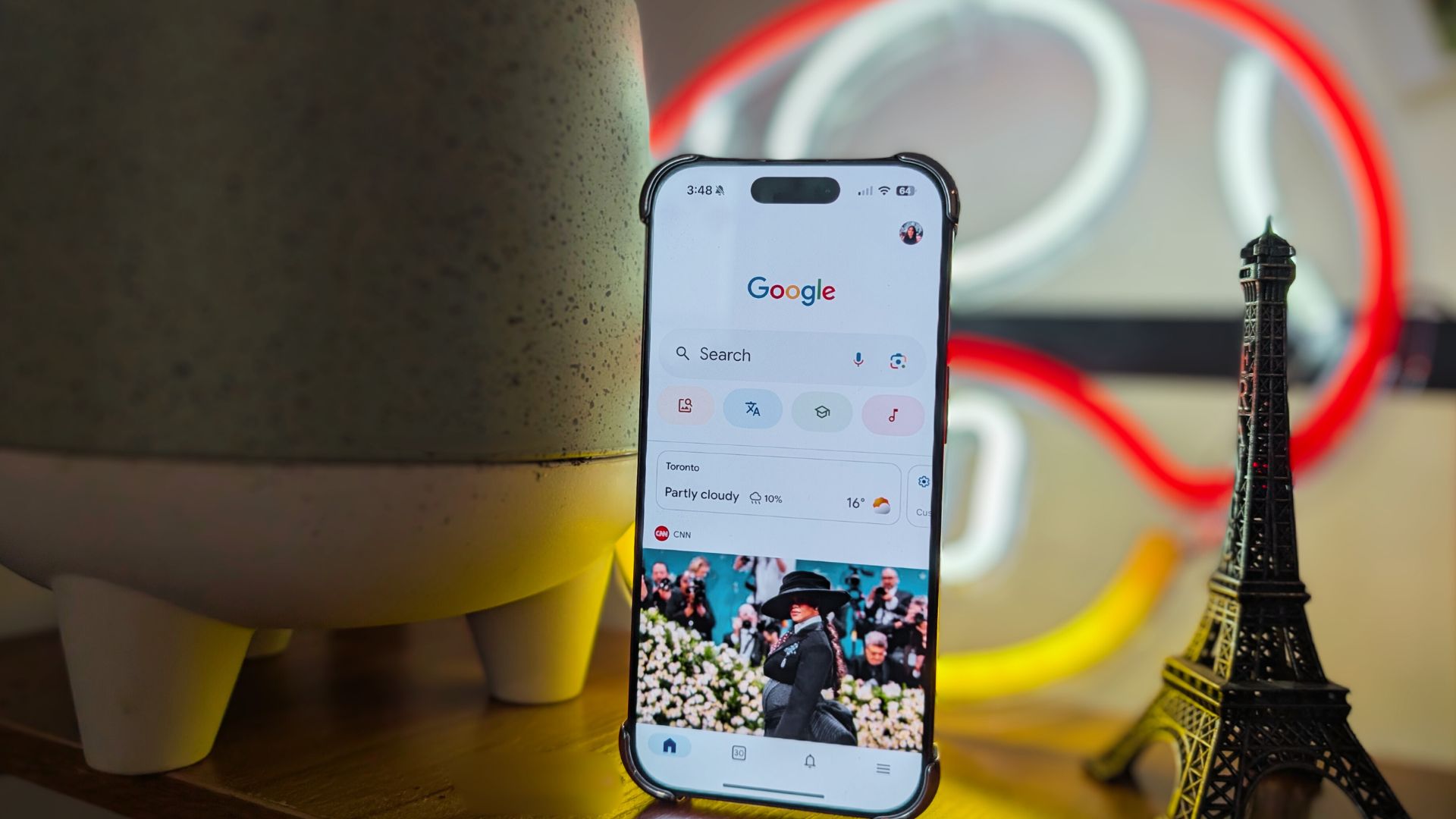
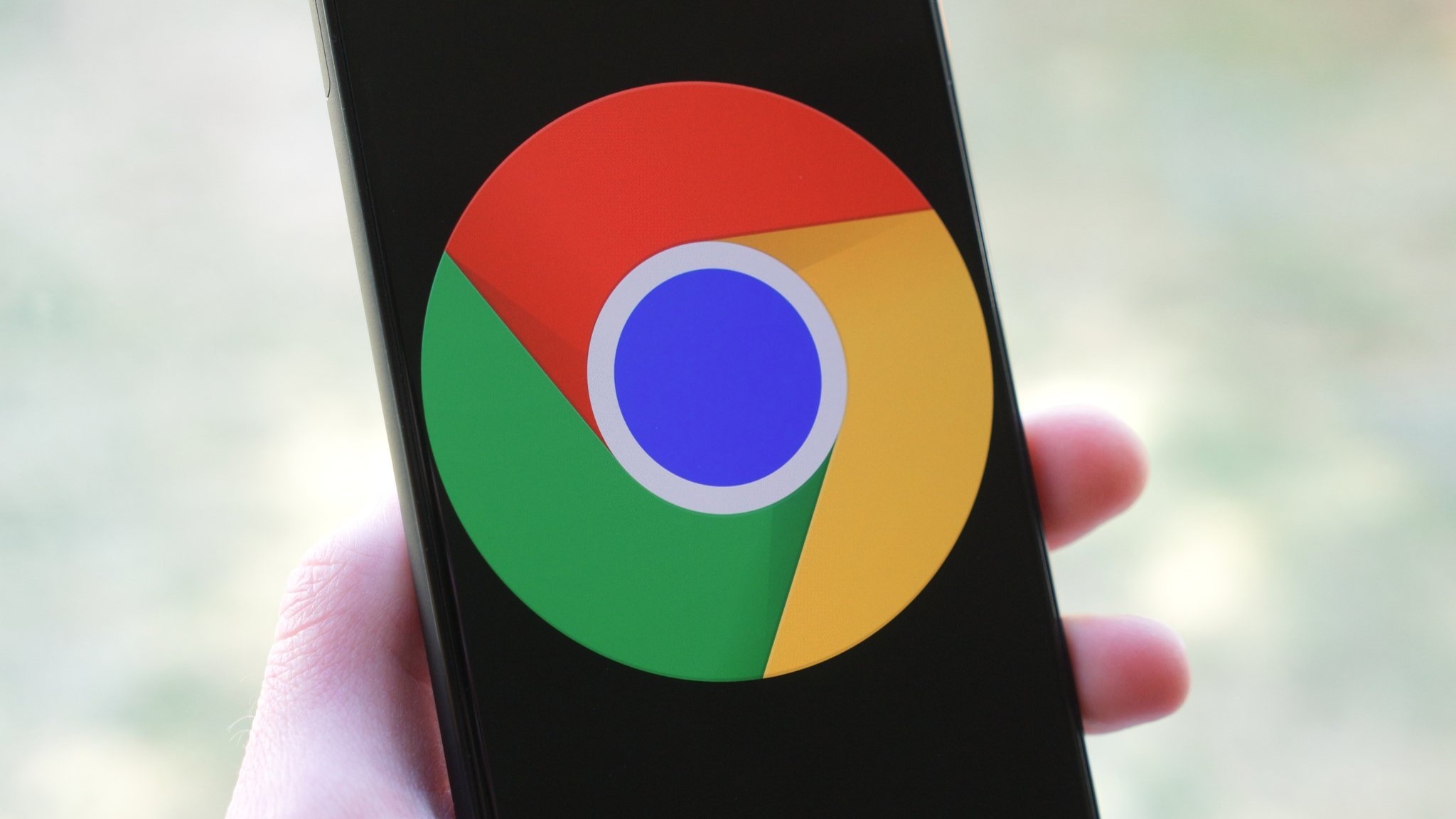




















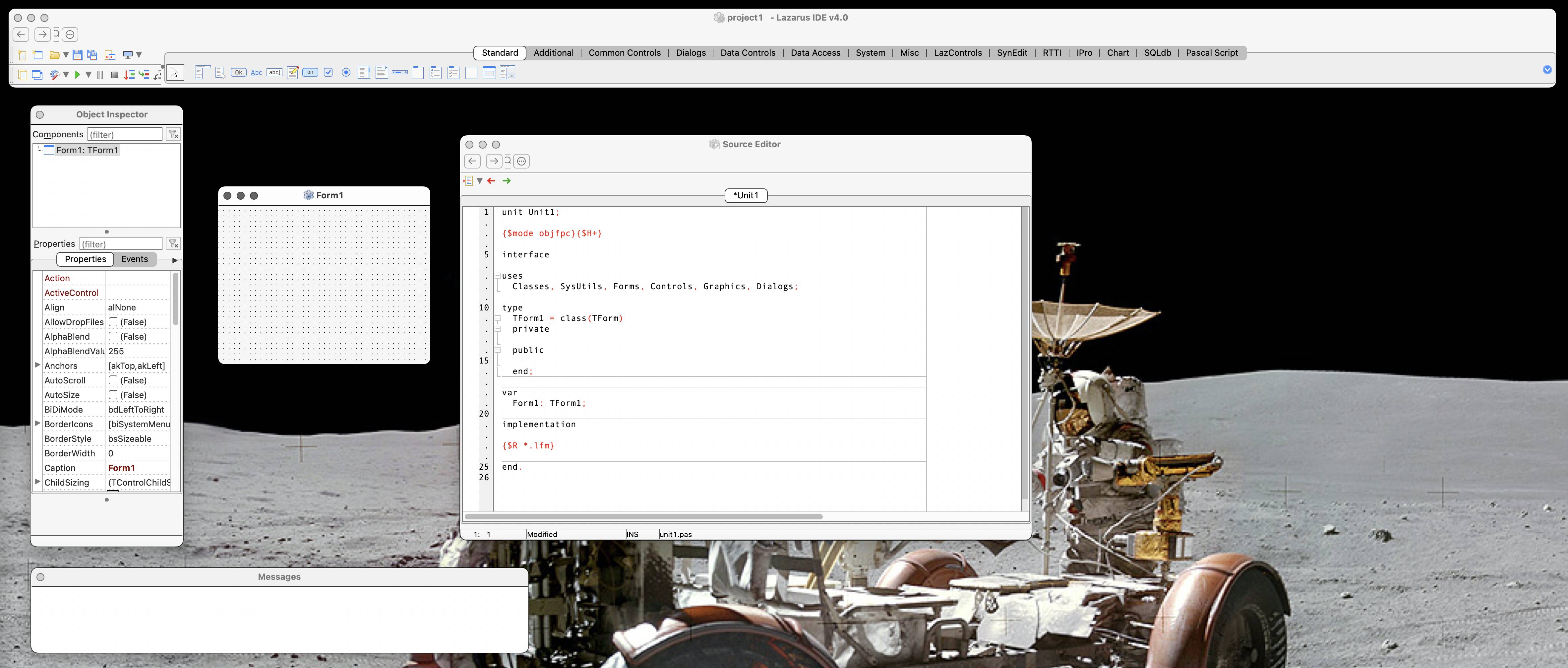

![New iPad 11 (A16) On Sale for Just $277.78! [Lowest Price Ever]](https://www.iclarified.com/images/news/97273/97273/97273-640.jpg)

![Apple Foldable iPhone to Feature New Display Tech, 19% Thinner Panel [Rumor]](https://www.iclarified.com/images/news/97271/97271/97271-640.jpg)

















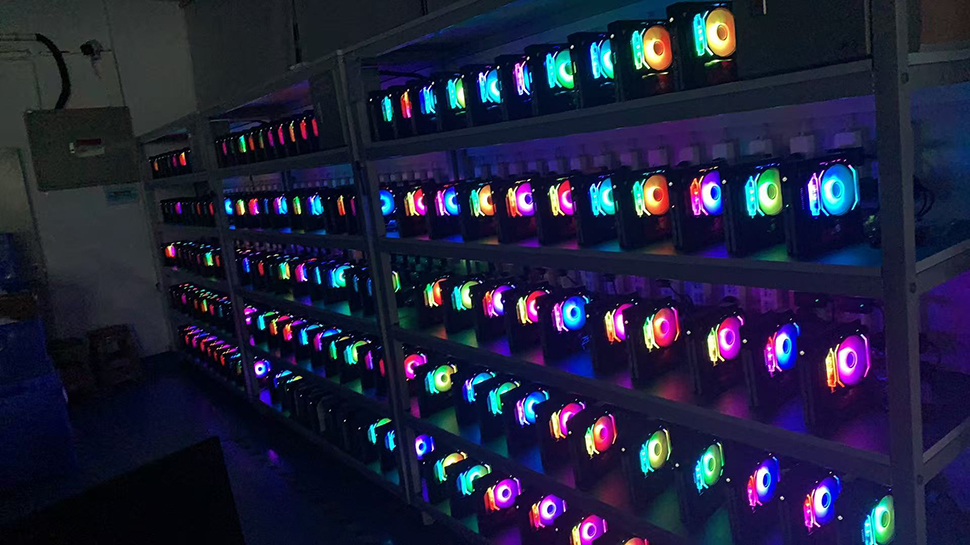





























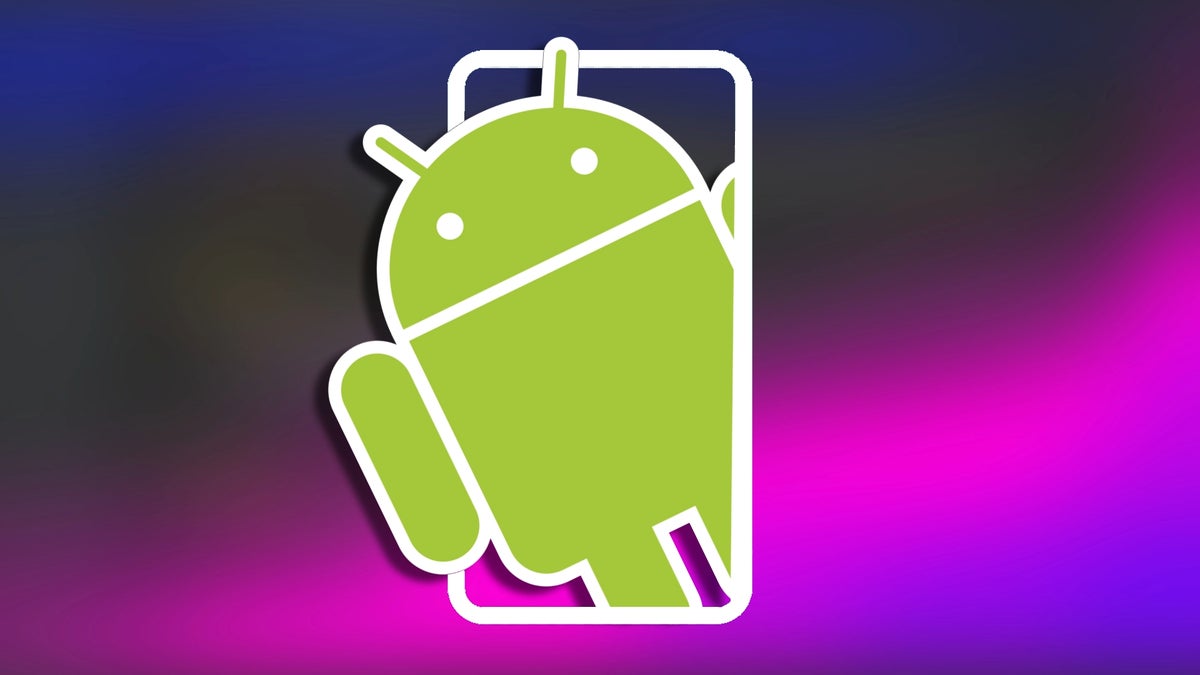
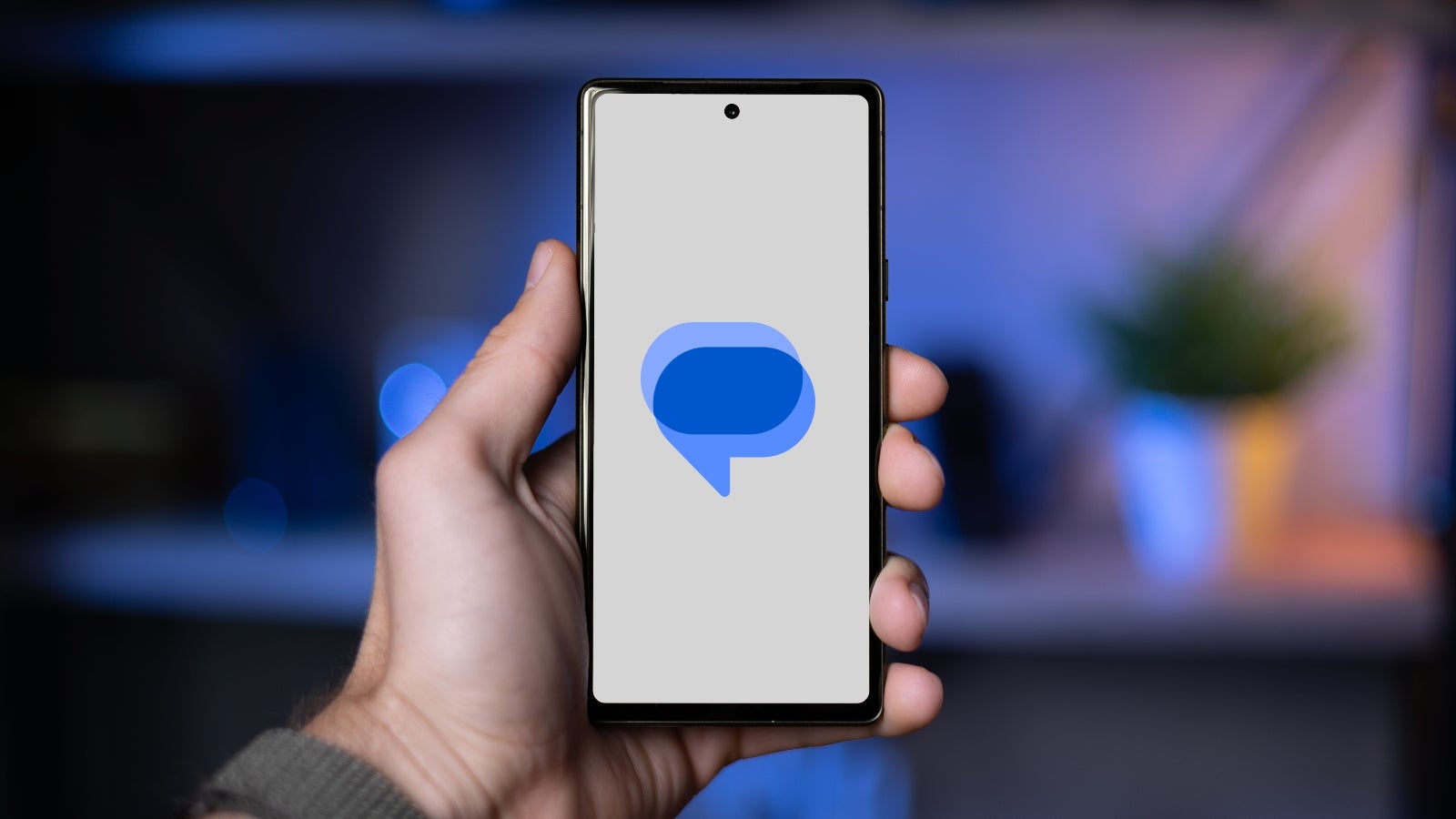


















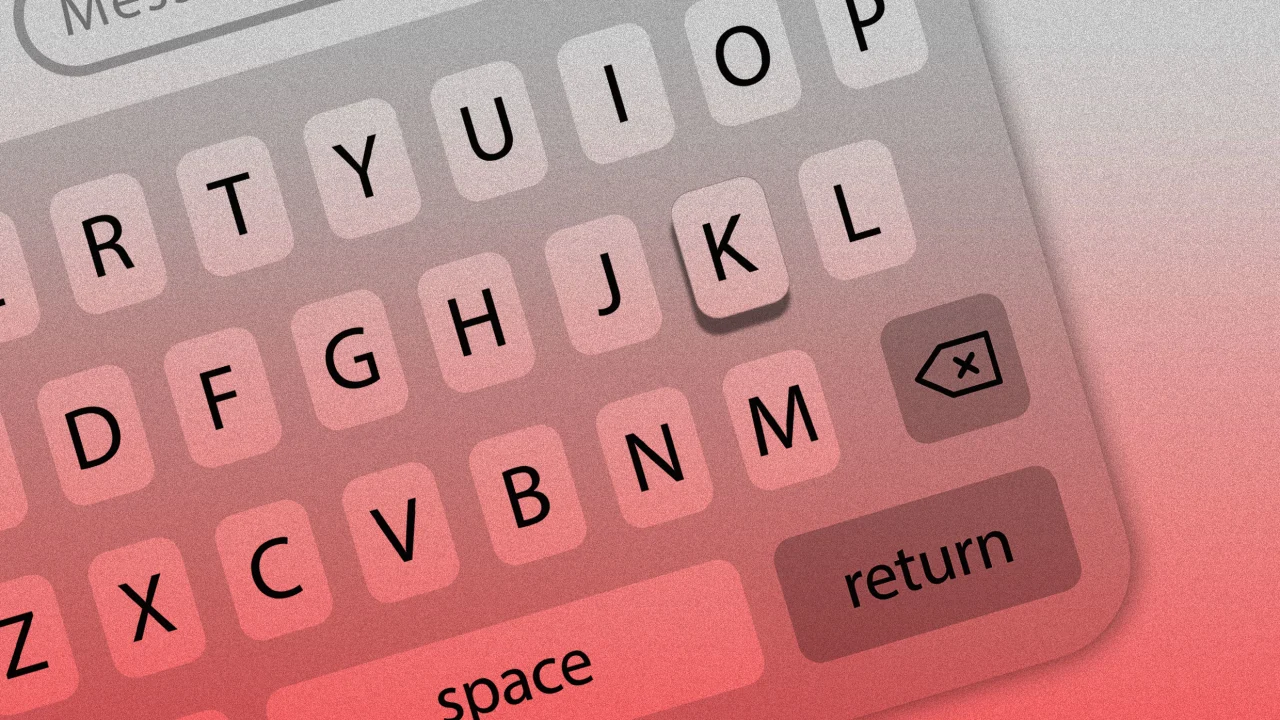

![[Weekly funding roundup May 3-9] VC inflow into Indian startups touches new high](https://images.yourstory.com/cs/2/220356402d6d11e9aa979329348d4c3e/WeeklyFundingRoundupNewLogo1-1739546168054.jpg)
